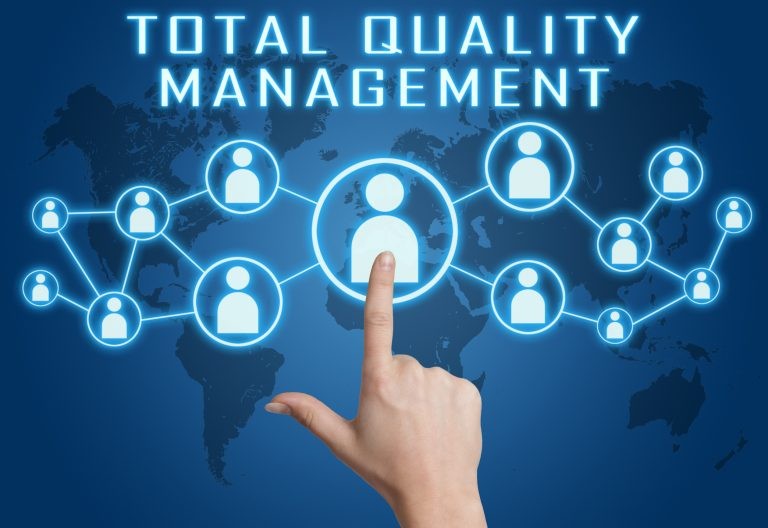TQM

WHAT IS TOTAL QUALITY MANAGEMENT (TQM)?
A core definition of total quality management (TQM) describes a management approach to long–term success through customer satisfaction. In a TQM effort, all members of an organization participate in improving processes, products, services, and the culture in which they work.
Total quality management (TQM) is a business management strategy used to improve products and services by focusing on organizational process measurements and controls.
TQM’s key concept is that the quality of a product or service is the responsibility of everyone involved in its creation or consumption, including management, employees, suppliers and customers. TQM's ultimate goal is to improve customer satisfaction.
Ascent INSPECTA explains Total Quality Management (TQM)
TQM originated in Japan in the 1950s. Since the 1980s, TQM has become well-known on an international level. The term total quality management has lost favor in the United States in recent years, and is commonly substituted with simply quality management.
Principles of TQM
TQM can be defined as the management of initiatives and procedures that are aimed at achieving the delivery of quality products and services. A number of key principles can be identified in defining TQM, including:
- Executive Management – Top management should act as the main driver for TQM and create an environment that ensures its success.
- Training – Employees should receive regular training on the methods and concepts of quality.
- Customer Focus – Improvements in quality should improve customer satisfaction. The customer ultimately determines the level of quality. No matter what an organization does to foster quality improvement—training employees, integrating quality into the design process, upgrading computers or software, or buying new measuring tools—the customer determines whether the efforts were worthwhile.
- Decision Making – Quality decisions should be made based on measurements. In order to know how well an organization is performing, data on performance measures are necessary. TQM requires that an organization continually collect and analyze data in order to improve decision making accuracy, achieve consensus, and allow prediction based on past history.
- Methodology and Tools – Use of appropriate methodology and tools ensures that non-conformance incidents are identified, measured and responded to consistently.
- Continuous Improvement – Companies should continuously work towards improving manufacturing and quality procedures. A major thrust of TQM is continual process improvement. Continual improvement drives an organization to be both analytical and creative in finding ways to become more competitive and more effective at meeting stakeholder expectations.
- Company Culture – The culture of the company should aim at developing employees ability to work together to improve quality.
- Employee Involvement – Employees should be encouraged to be pro-active in identifying and addressing quality related problems. All employees participate in working toward common goals. Total employee commitment can only be obtained after fear has been driven from the workplace, when empowerment has occurred, and management has provided the proper environment. High-performance work systems integrate continuous improvement efforts with normal business operations. Self-managed work teams are one form of empowerment.
Get in Touch! Ask us any question/query on +91-9867-180-395. We would be happy to answer your concerns. You can also drop an email at info@ascentinspecta.com
